WAYNE — Emery Farm is the recipient of a $48,276 implementation grant from the Maine Farmland Trust.
The Farming for Wholesale Implementation Grant will allow the Emery Farm to increase its indoor growing space more than 80% and extend its growing season.

Trent Emery on Aug. 23 at Emery Farm in Wayne. Kennebec Journal photo by Joe Phelan Buy this Photo
Receiving the grant, however, was only part of the opportunity for Trent Emery, 38, the owner and manager of the farm.
It was the business planning support.
“What was helpful for me, regardless of whether or not I got the grant, I needed to and wanted to focus on the growth (of my farm),” said Emery. “It was a win-win in the end.”
To apply for the grant, Emery had to go through MFT’s Farming for Wholesale program where he made target goals that focused on profitability by looking at crop selection and developing farm efficiency.
The program is not for just anyone. Alex Fouliard, who leads Farming for Wholesale at the nonprofit, said admittance into the classes is very competitive.
She said participants in the two-part workshop work with industry analysts and experts to help the farmer understand where their business is and look at its financial health and goals.
“They help you get to where you want to be and find out if there is a market demand for those products,” Fouliard said.
Grant amounts of up to $50,000 are awarded, Fouliard said. Receipt of the grant is not the final step.
She explained that the MFT remains in regular contact with the farmers as they make their investment offering technical and advisory assistance.
Fear that the farmers will not make appropriate use the grant does is not a worry. Fouliard said that during evaluation, the committee members are double checking the math, and the dedication to the business plan shows evidence of integrity.
Farmers do not compete with each other for the grant, said Fouliard. Rather, they are meeting the high standards of the grant application, she said. Not all who attend the workshop apply for the grant.

A ripe beefsteak tomato grows inside a high tunnel greenhouse Aug. 23 at Emery Farm in Wayne. Kennebec Journal photo by Joe Phelan Buy this Photo
Emery is the only grant recipient for 2019, she said. In 2017, there were two recipients, as there were in 2018.
Herbal Revolution in Union was a recipient last year.
“The opportunity to work with (MFT) has been business changing for me,” said Kathi Langelier, founder and formulator for Herbal Revolution.
Langelier said she was working between three locations, one for farming, another a kitchen for preparing the herbals, and a third for shipping.
“It was incredibly inefficient,” she said.
Langelier’s organic herbal health products include tonics in apple cider vinegar, teas, body care products and drinking vinegars. She distributes them to grocery stores, natural food stores and specialty boutiques.
“The grant was a catalyst for us,” she said.
Langelier moved this week into her new facility, which she purchased both with grant money and a loan. While it is too early to say yet how much the grant has increased profitability, “this new space has increased capacity tenfold,” Langelier said.
The grant will allow Emery Farm to expand its seasonal extension space by about 21,000 square feet with high tunnel space, which he plans to construct this fall. Right now, the farm has around 25,000 square feet.
In the high tunnels, which are similar to greenhouses, but are not heated, produce can be cultivated up to two months longer than in a natural, outdoor growing season. It can even create four-season production.
“Our objective was to add three weeks to a month on the front side of the early season and the same on the far end for warm weather crops, like green beans, tomatoes, cucumbers and peppers,” said Emery.

Farmer Trent Emery stands between rows of tomatoes growing inside a high tunnel greenhouse Aug. 23 at Emery Farm in Wayne. Kennebec Journal photo by Joe Phelan Buy this Photo
The farm sells wholesale to institutions, including summer camps, hospitals, schools, assisted living centers and colleges. One customer, he said, is Regional School Unit 38, where his oldest daughter, who is 10, attends Maranacook Community Middle School.
Right now, his gardens take up 15 acres of land, and he grows around 20 kinds of produce. Tomatoes are his best selling followed second by cherry tomatoes.
The Wayne native does not, however, come from a farming background.
Emery was a teacher for five years before becoming a farmer, instructing elementary art classes and special education in Searsport and Monmouth. He also grew up with parents who were teachers.
He turned a tomato over his hand from the doorway of a high tunnel where vines of tomato plants grew high with deep green leaves and rich colored fruit.
“(Farming) gives me freedom in my results, choices, successes, failures — it is on my own accord, and there is an intrinsic worth to that.”

Lettuce grows Aug. 23 at Emery Farm in Wayne. Kennebec Journal photo by Joe Phelan Buy this Photo
He started with radishes first, which mature as early as three weeks after planting, and soon sold at farmers markets. After six years, he phased out markets and started distributing directly to customers.
During that market transition, Emery took Farming for Wholesale 101 and 201 through the MFT.
Emery said he learned how he could maximize production on a larger scale.
“It was a really nice way to reinforce critical business focus,” he said.
Emery said the grant was unintended consequence of completing the program. That gave him eligibility to apply for the implementation grant — which had an application process that was elaborate.
He first had to develop an extensive business plan that presented development ideas that would best award profitability. It focused on how season extension improves profitability and sustains a farm, he said.
He presented the plan along with testimonials from his customers to a committee as evidence he was a worthy candidate for the grant.
“We were really impressed with his business plan,” said Fouliard. “He did a lot of analysis, and he had articulate, clear values and achievable goals.”
She described how Emery was able to demonstrate the demand for the products he sold.
“We believed that this was achievable,” Fouliard said, “and this grant would make a difference.”
He worked full time on the business proposal last winter, he said.
“I kept telling myself, ‘it is OK, it is worth it, even if you do not get the grant, you have this awesome business plan,’” Emery said.
Send questions/comments to the editors.


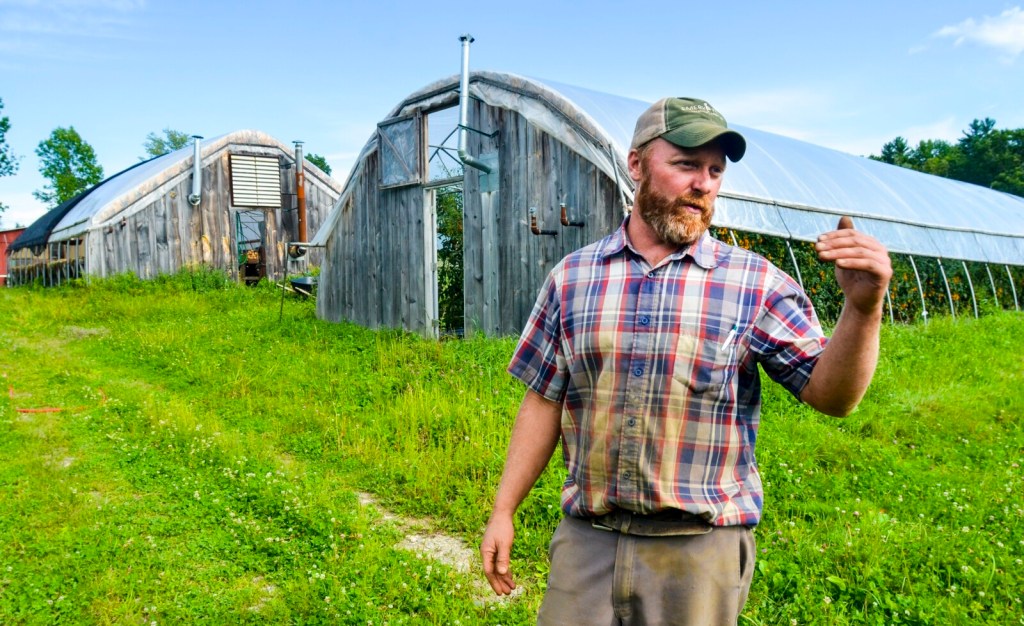
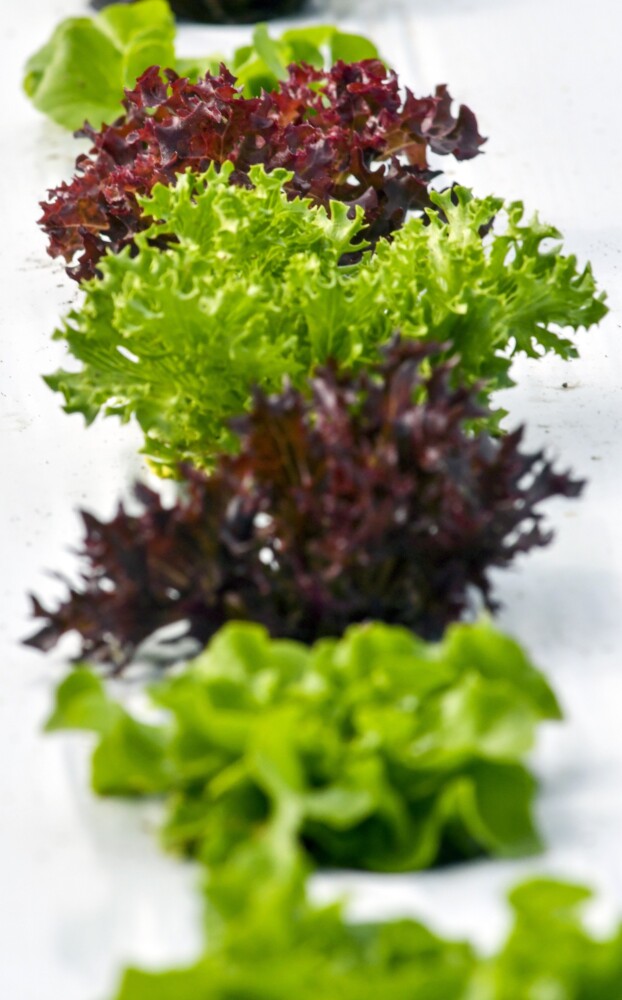
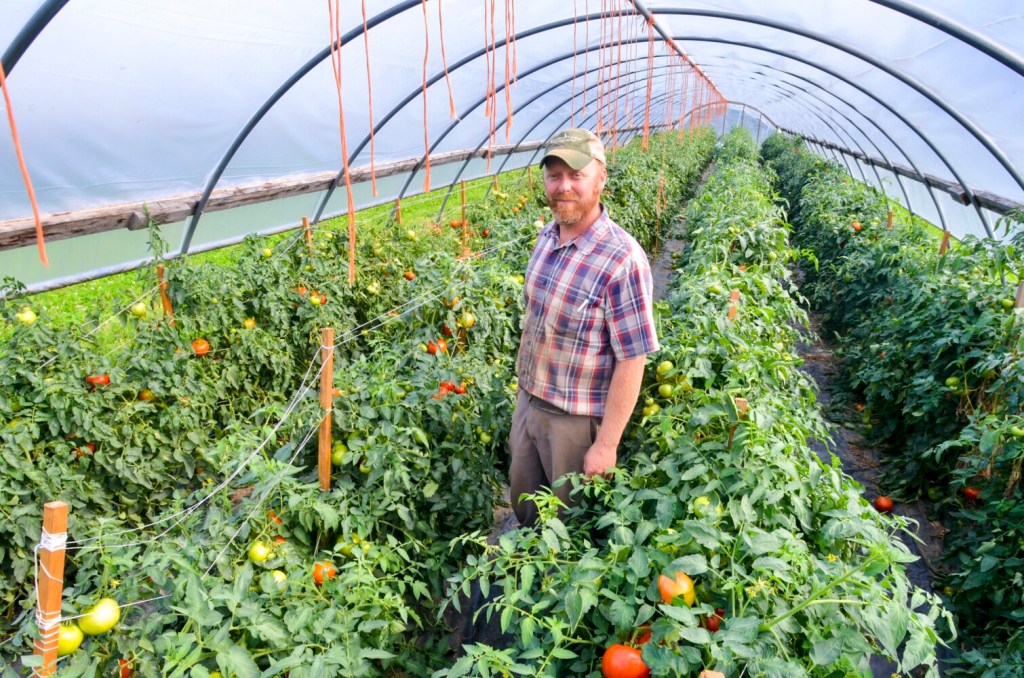
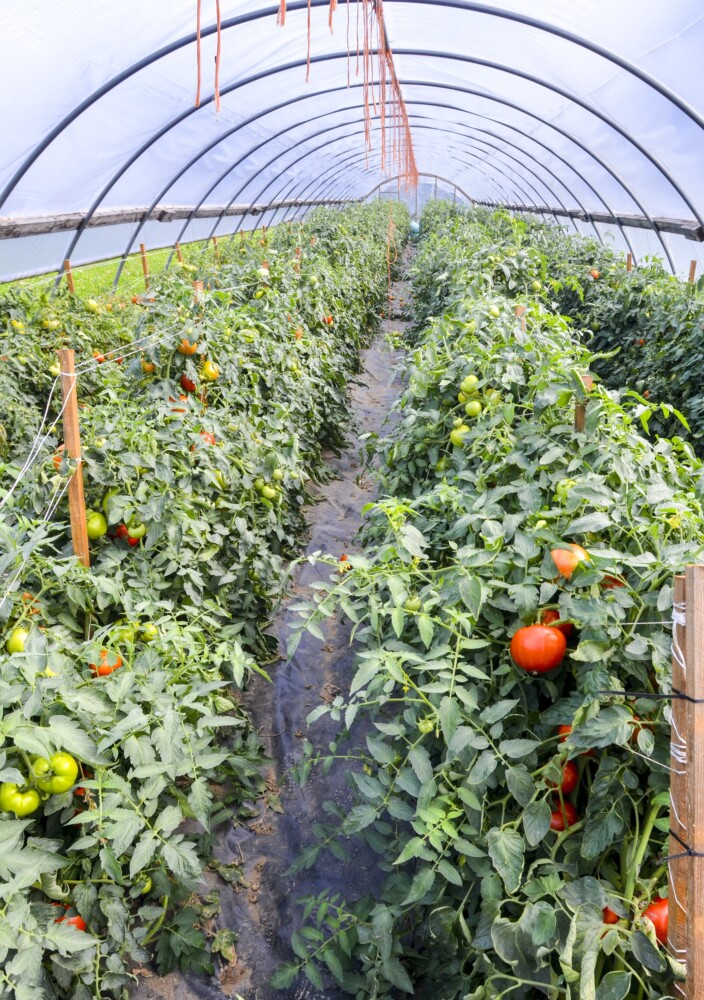
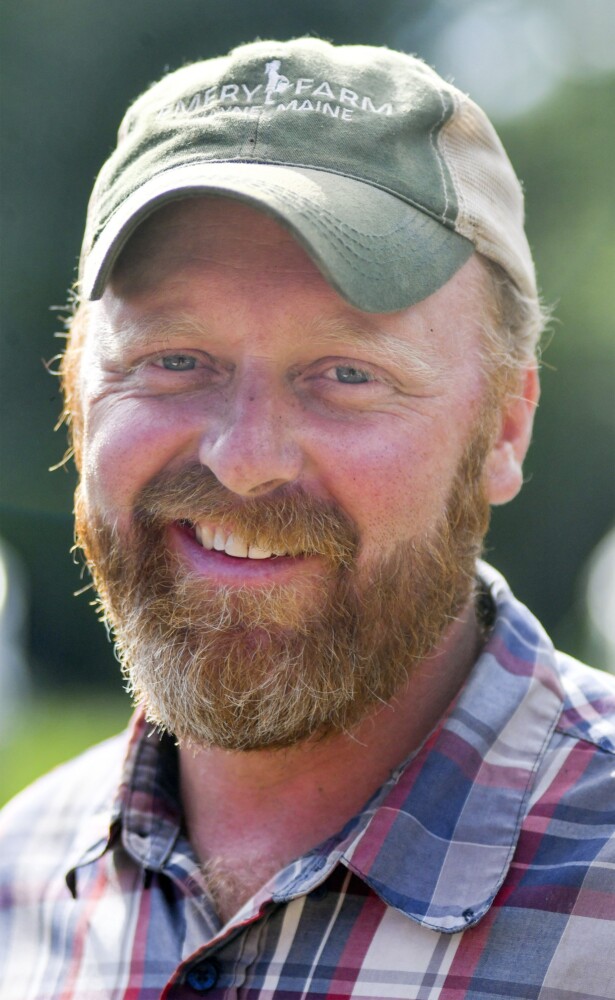
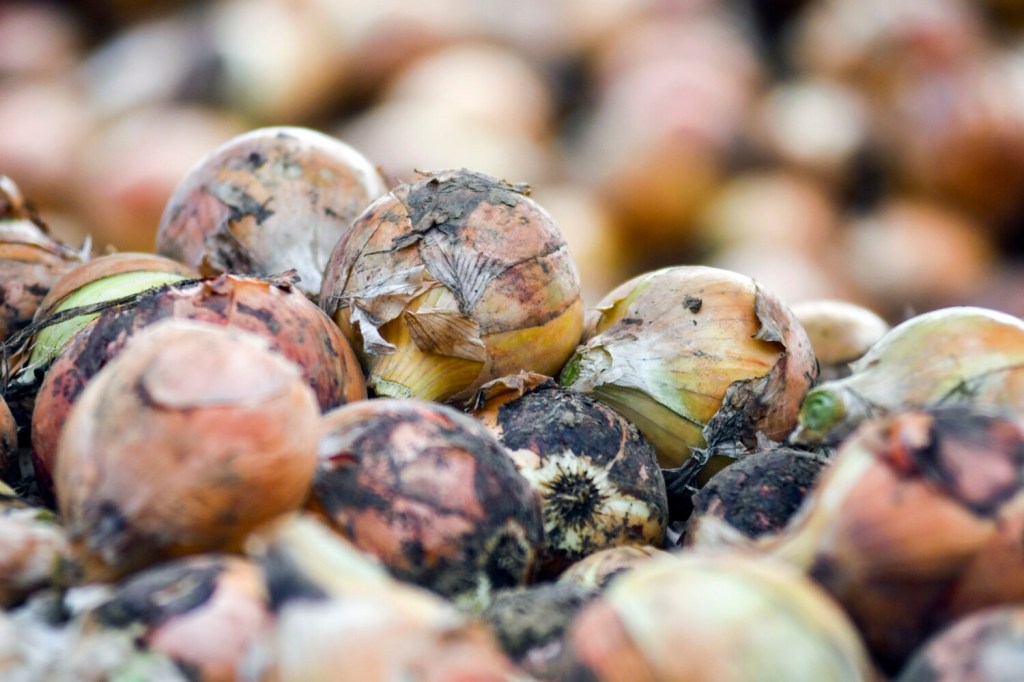



Success. Please wait for the page to reload. If the page does not reload within 5 seconds, please refresh the page.
Enter your email and password to access comments.
Hi, to comment on stories you must . This profile is in addition to your subscription and website login.
Already have a commenting profile? .
Invalid username/password.
Please check your email to confirm and complete your registration.
Only subscribers are eligible to post comments. Please subscribe or login first for digital access. Here’s why.
Use the form below to reset your password. When you've submitted your account email, we will send an email with a reset code.